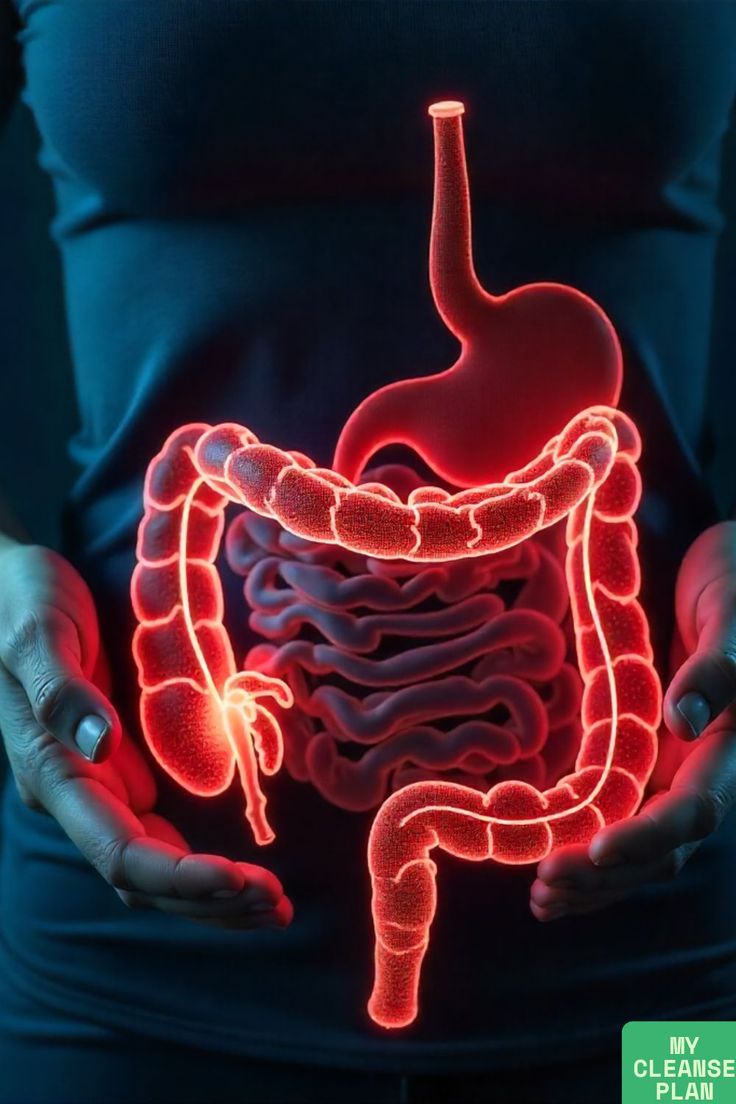
Upptäck hur fibrer stöder matsmältningshälsan
Common Side Effects of Excessive Fiber
Too much fiber can cause digestive issues. The main problems are discomfort and trouble absorbing nutrients.
Digestive Discomfort and Gas
Eating too much fiber, like soluble fiber, can cause bloating, gas, and stomach cramps. This happens because fiber is broken down by bacteria in the colon, making gas. Increasing fiber intake gradually can help lessen these issues.
Nutrient Absorption Issues
A diet high in fiber can make it hard to absorb some minerals. This is a big worry for people who don’t get enough nutrients. Eating a balanced diet and watching your fiber intake can help avoid this problem.
How to Find Your Fiber Sweet Spot
Finding the right amount of fiber is key. It helps you get the most benefits without the side effects. There are two main ways to find this balance.
Gradual Increase Techniques
It’s better to slowly increase your fiber intake. This lets your gut adjust, reducing discomfort. Start with small amounts and see how your body reacts to find the best fiber level.
Hydration and Fiber Balance
Drinking enough water is important when eating a lot of fiber. Water helps fiber move through your body, preventing constipation. It’s best to drink plenty of water all day, when you’re eating more fiber.
Fiber Supplements: Do You Need Them?
Fiber supplements are getting more popular. But do you really need them for your digestive health? Many people are using them to get enough fiber in their diet.
Types of Fiber Supplements Available
There are many types of fiber supplements. Each one has its own special features. The most well-known are psyllium, methylcellulose, and polycarbophil.
Psyllium, Methylcellulose, and Other Options
Psyllium is a favorite for helping with regular bowel movements. Methylcellulose also supports healthy digestion. Other options include polycarbophil and inulin.
Natural vs. Synthetic Fiber Supplements
Fiber supplements can be natural or made in a lab. Natural ones, like psyllium, are often chosen for their gentle effect on digestion. Synthetic ones, like methylcellulose, are for specific needs.